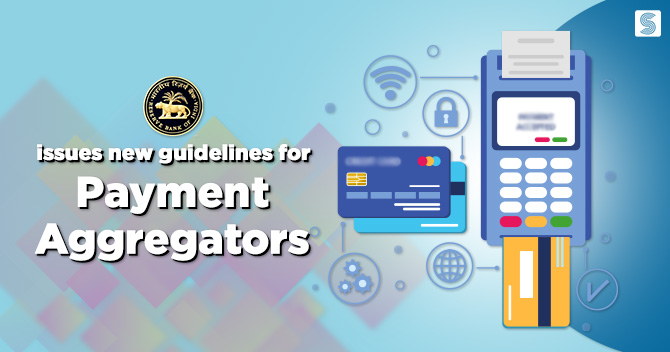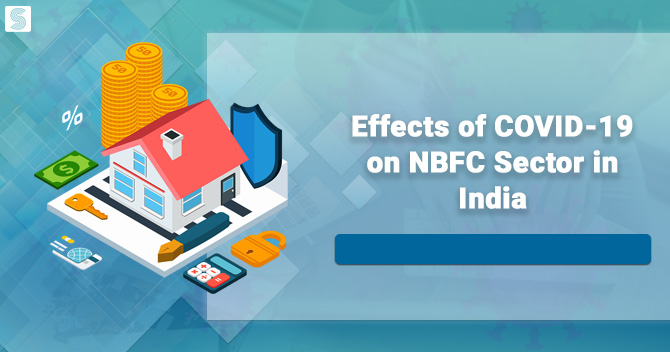RBI new guidelines for Payment Aggregators

Yashu Singhal | Updated: Apr 07, 2020 | Category: RBI Advisory
Significant relief for payment aggregators, Reserve Bank of India said that applicants of payment aggregators need to have INR 15 Crore of net worth and which is to be increased to INR 25 Crore within three years of Operation.
Payment Aggregators are the service providers through which e-commerce merchant process payments. They are also known as Merchant Aggregators. They allow merchants to accept bank transfers without setting up a merchant account that is associated with a bank.
Table of Contents
Role of Payment Aggregators
Payment Aggregators provide services through which e-commerce merchants can process their payment transactions. Payment Aggregators allow merchants to receive payments through credit cards and bank transfers without having to set up a merchant account with a bank or card association. They collect the Payment from various modes of payments like credit cards, debit cards, bank transfer, etc.
A Payment Gateway is an e-commerce software application that helps online transactions to take place. It is a mechanism through which cards, net banking, and e-wallet payments are made. It accepts online payments. Payment aggregators can provide the service of payment gateway, but a payment gateway cannot assist a payment aggregator.
RBI issues new guidelines for Payment Aggregators
On March 17, 2020, the RBI has laid down some stringent guidelines for regulating payment aggregators, and payment gateways vide Circular RBI/DPSS/2019-20/174-DPSS.CO.PD.No.1810/02.14.008/2019-20.
As per the guidelines, Payment Aggregators are service providers which that facilitate e-commerce sites and merchants to accept various payment instruments like credit cards, debit cards, net banking, from the customers for completion of their payment obligations without the need for merchants to create a separate payment integration system of their own. PAs facilitate merchants to connect with acquirers. They follow a process to collect the Payment from customers, pool and transfer them on to the merchants after some time.
- As per the guidelines issued by Central Bank, the new applicants of payment aggregators shall have a net worth of INR 15 Crore, which needs to be increased to INR 25 Crore within three years of operations.
- Moreover, existing payment aggregators shall have a minimum net worth of Rs. 15 Crore by March 31, 2021, and a net worth of Rs. 25 Crore by March 31, 2023. The payment aggregators and gateways have been put under the direct supervision of RBI.
| Non-bank Entity | Date of Application / Authorisation | Date of Achieving ₹ 15 Cr. Net-worth | Date of Achieving ₹ 25 Cr. Net-worth |
| Existing Pas | Up to 30/06/2021 | Date of application or 31/03/2021 whichever is earlier | 31/03/2023 |
| New Pas | 20/03/2020 01/04/2020 01/03/2021 01/04/2021 | On date of application | 31/03/2022 31/03/2023 31/03/2023 31/03/2024 |
Here, Net-worth shall consist of paid-up equity capital, preference shares that are compulsorily convertible to equity, free reserves, balance in share premium account and capital reserves representing surplus arising out of sale proceeds of assets but not reserves created by revaluation of assets adjusted for accumulated loss balance, the book value of intangible assets and deferred revenue expenditure, if any. Compulsorily convertible preference shares can be either non-cumulative or cumulative, and they should be compulsorily convertible into equity shares, and the shareholder agreements should specifically prohibit any withdrawal of this preference capital at any time.
This has been a significant relief for the payments industry; industry insiders pointed out that INR 100 Crore net worth was a huge amount to invest. Reduction in net worth amount reduces the entry barriers to new applicants and opens the doors for economic growth.
Applicability of RBI guidelines
- The guidelines shall apply to Payment Aggregators. In annexure two, there are some recommendations related to technology; Payment Aggregators must adopt them. Payment Gateways may adhere to these baseline technology-related recommendations.
- These instructions shall also govern the domestic leg of import and export related payments facilitated by PAs.
- The guidelines do not apply to Cash on Delivery (CoD) e-commerce model.
The Reserve bank of India has also asked Payment Aggregators to set up designated nodal offices to deal with customer grievance. Another significant development is that the RBI has prohibited PAs from allowing online transactions to be done with ATM pin as the second factor of authentication, which few payment gateway companies were offering as a service.
Many Economists and Indutralists have welcomed the decision by RBI as the net worth requirements have been reduced from INR 100 Crore to INR 15 Crore. Secondly, there is ample time for existing players to comply with the requirement.
Separately, RBI[1] has outlined that e-commerce marketplaces providing payment aggregation services shall not continue this activity beyond the deadline mentioned above. If they do so, they shall be separated from the marketplace business and will have to apply for authorization before the same timeline.
Conclusion
If you need professional assistance in getting the Payment Gateway License, consult Swarit Advisors.














